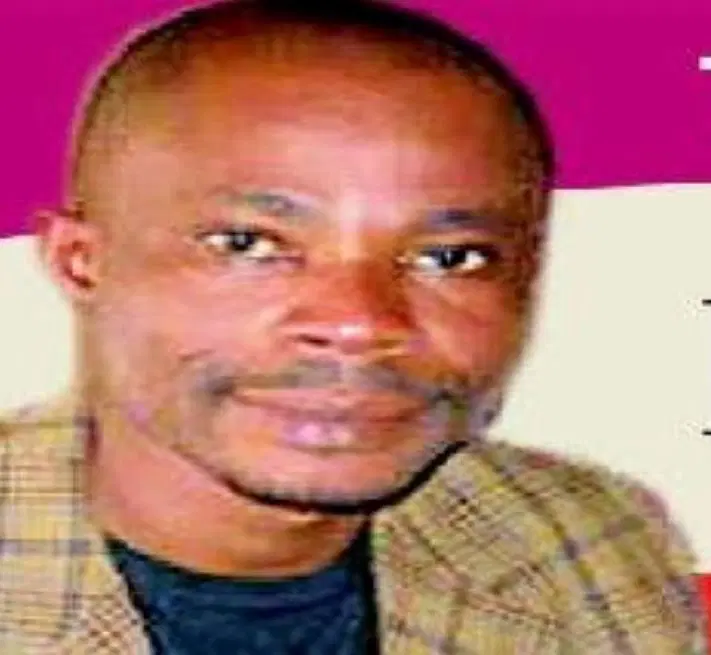Nigeria’s wobbly economy appears to have humbled everyone. If they are to be taken seriously, not even the big men of the immediate past and the few others used to feeding off the sweat of the struggling majority are spared. Food prices are soaring even as the cost of energy increasingly spirals out of reach. A 50kg bag of rice now costs N90,000, while a kilogram of gas is N1,500. Recently, former Minister of Aviation Osita Chidoka expressed his dismay after spending N100,000 to fill his car’s tank.
The Ranting of Former Officials
In the same week that Chidoka spoke, Rotimi Amaechi, the two-time Transport Minister under the Buhari administration, lamented the state of the economy and noted that Nigerian youths, whom his former principal, Muhammadu Buhari, had characterized as lazy, had not taken to the streets to vent their frustration against the government. One wonders why Amaechi is not leading the charge if he feels so strongly about the economy that was brought to its knees by a government he was a prominent part of.
Before the two ministers, another beneficiary of the Nigerian state, Gani Adams, complained about spending an average of about N200,000 to fuel his car on a trip to Ibadan. He mentioned needing at least a million naira to make such a trip, as he typically travels in a convoy of vehicles. This begs the question: what does he need a convoy of vehicles for?
The Burden of Ostentation
Yes, he is the Aare Onakakanfo, but how does that justify traveling in a convoy of five or six vehicles? Isn’t this part of the wastage and ostentatious living that his peers criticize in the current government, which demands sacrifices from Nigerians that they are unwilling to make? Like many others who complain about the economy and wonder why other Nigerians are not fighting for them, his is a form of self-inflicted pain typical of the Nigerian elite. If he insists on living large, he should bear the costs quietly.
In stark contrast, the average Nigerian struggling with the high cost of petrol cannot even afford to commute to work. Those who own cars have either reduced their usage or completely abandoned them. This illustrates how dire the situation has become for many Nigerians, who often manage to eat only once a day. They cannot afford to maintain several vehicles on the road or spend N100,000 filling a luxury car’s tank. The real victims of the economic crunch are those who have never held government positions and who find it difficult to make ends meet, unlike the jet-set elite who frequently travel abroad and shower millions on flood victims in IDP camps for political gain.
IMF’s Call for Sacrifice
Despite the hardships Nigerians have endured over the last 18 months under President Bola Tinubu, the International Monetary Fund (IMF) suggests tightening the screws even more. The IMF’s Vice President and Chief Economist, Indermit Gill, has urged Nigerians to support the reform policies coming from Abuja. He praised Yemi Cardoso, the Central Bank Governor, and asked citizens to be patient with President Bola Tinubu—two individuals who are arguably among the least admired in Nigeria today.
For Nigeria to follow in the footsteps of successful reformers like Norway, Poland, and Korea, Gill argues that the country must be prepared to endure these harsh reforms, including the removal of oil subsidies and the floating of the currency, for the next 15 years.
To alleviate the adverse effects of these policies, he recommends channeling funds saved from the removal of oil subsidies and the currency floating into productive sectors that can benefit the vulnerable poor. According to Gill, Nigeria experienced its fastest economic growth during the reforms initiated between 2003 and 2007 under President Olusegun Obasanjo and Finance Minister Ngozi Okonjo-Iweala, who now serves as the Managing Director of the World Trade Organization.
Conclusion
In summary, as Nigeria grapples with its economic challenges, the elite’s complaints highlight a disconnect between their experiences and those of the average citizen. While the IMF suggests a long-term vision for recovery, the urgency of addressing the immediate needs of the Nigerian populace remains paramount. The government must prioritize the welfare of its citizens, ensuring that the burden of economic reforms does not disproportionately fall on those already struggling to survive.

